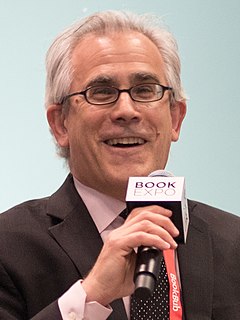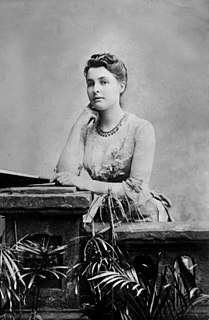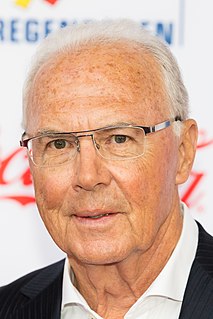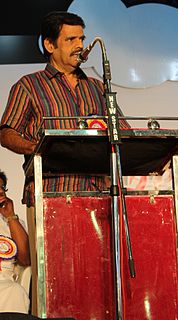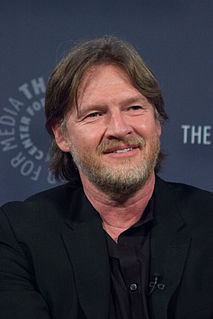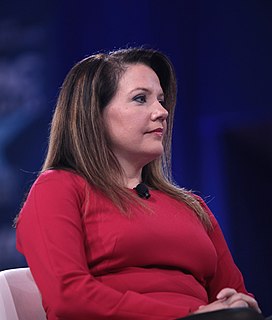A Quote by Gwen Ifill
I actually think agendas are more often found in State of the Union speeches than in inaugural speeches.
Related Quotes
The question I have is out of all these commencement speeches that are happening, what`s the really worthwhile advice that a 21, 22 year old person will walk away from the speech and say, I can apply this maybe five years, 10 years later. How many speeches actually push the button like that, other than yours?
we have not been impressed with any attribute of the Senate other than its appearance and manners. We have heard the best speakers: they all fire off speeches which deal with the entire subject in general terms and which do not attempt to debate, to answer opponents' arguments or offer new points for discussion. And the speeches are constantly degenerating into empty rhetoric; they abound in quotations from well-known authors or from their own former speeches.
I've looked at all of Hitler's speeches thinking that there's gotta be one where he's 'I'm Hitler!', but there weren't any. His speeches were all about hope and prosperity - he ran on a platform of peace and prosperity. Hitler speeches that makes him sound like a villain are pretty hard to find, he was very detached from what he was doing, he kept himself compartmentalised from it.
Usually, the way I write is to sit down at a typewriter after that year or so of what passes for thinking, and I write a first draft quite rapidly. Read it over. Make a few pencil corrections, where I think I've got the rhythms wrong in the speeches, for example, and then retype the whole thing. And in the retyping I discover that maybe one or two more speeches will come in. One or two more things will happen, but not much.
When you think of power, you think the state has power. When you look at it in terms of revolution, in terms of the state, you think of it in terms of Russia, the Soviet Union, and how those who struggled for power actually became victims of the state, prisoners of the state, and how that led to the dissolution of the Soviet Union. We have to think of revolution much more in terms of transitions from one epoch to another. Talk about Paleolithic and Neolithic.
God Bless America started to become an almost ritualistic incantation at the end of political speeches really with Ronald Reagan. It appears occasionally before, but it was not that common. And of course since it was a song that wasn't written by Irving Berlin until the 20th century (laughter), none of the 19th century presidents said God Bless America at the end of speeches, either. I think that the symbolism which suggests that everybody is religious and that even presidents who believe in church and state feel obliged to do this.
When you think of power, you think the state has power. When you look at it in terms of revolution, in terms of the state, you think of it in terms of Russia, the Soviet Union, and how those who struggled for power actually became victims of the state, prisoners of the state, and how that led to the dissolution of the Soviet Union. We have to think of revolution much more in terms of transitions from one epoch to another.



